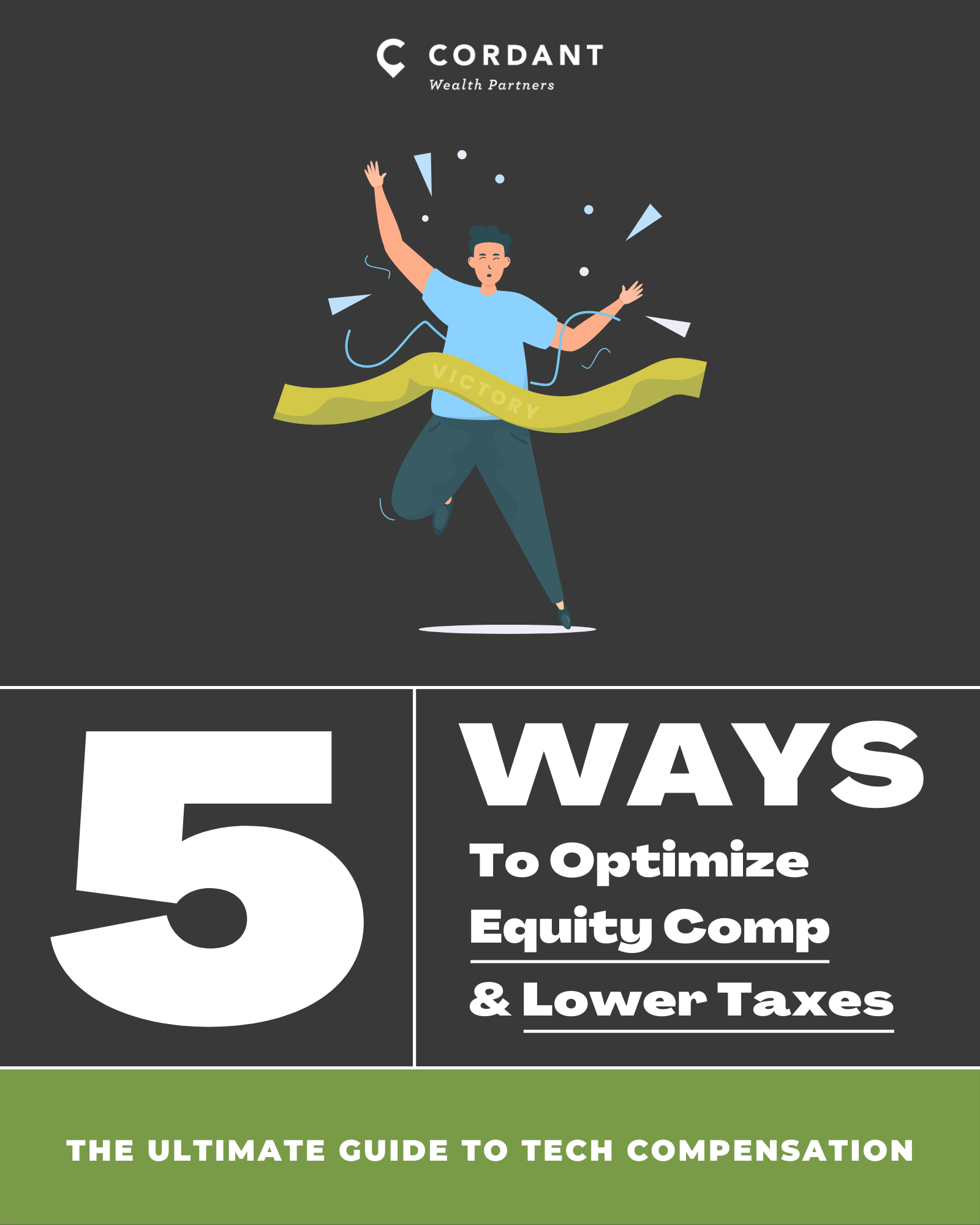When you reach the end of your Intel career and make the shift into retirement, will you know what you can expect this next stage of your life to be like? For many it’ll be a mystery. But for those who plan and intentionally prepare for it (and I don’t mean saving money) much of the mystery is removed. And retirement then becomes a gift to eagerly anticipate!
Life is continually bombarding us with demands for one of our most precious, and limited resources–our time. For a lot of people the demands of their work or business get filled first as the needs to generate a paycheck and build a career are important to them. Any remaining time gets allocated to other competing priorities like family, community, and one’s self. Generally it is this last one that ends up being most short-changed in the process.
I know this is how I operated during my years at Intel.
And with available time in such short supply it’s no wonder that most people focus on “Now” and leave the “Future” for, well, the future!
“Now” always seems to get in the way—your quarterly key results, tonight’s board meeting, tomorrow morning’s conference call, your child’s big game on Saturday, etc. If there is any consideration of the future it may be limited to topics like, “What do I have to do in order to get that next promotion at work?” or “What should we do for vacation next summer?” The rest of the future is too far away to worry about, or deal with, now!
But it’s also too important to ignore. As Intel retiree, Ben Manny, recently recounted to me during a recent Cordant webinar, we should expect to spend a third of our lives AFTER Intel. Does it make sense to leave that future to chance? That is just what many people do. Do you?
Most people spend a lot of their time working to earn a salary (plus bonuses and stock!), grow a career, and build wealth. But they frequently fail to manage the wealth that they’ve worked so hard to build.
Their planning and spending are largely focused on Now. Current obligations like paying the mortgage, tuition, and other bills get taken care of. There might be some regular saving to build an emergency fund or for a large purchase (vacation home, anybody?).
But then it comes down to a process that might be best described as, “I want/need this. Can I afford it? If so I’ll get it.” Or the process might look like, “What can I get or do with the money I have?”
Most Intel employees do pay token attention to the future by making regular contributions to their Intel Retirement Plan account through pre-tax payroll deductions. Without enough time (or desire or expertise) to do something better many push the “Easy Button” and direct those investments into a fund or two, probably target date or other allocation funds. Then they sit back (okay, actually they get back to work!) and hope for the best. Each quarter they review their statements and either smile or frown based on the previous quarter’s results.
Lather, rinse, repeat.
And then, when the Future approaches the Now and retirement looms, they assess the situation. “What can I afford?” And size their retirement to match their resources.
All that time and energy spent building wealth and then leaving the retired third of your life to chance? That isn’t managing your wealth. And if you end up in that situation it’s because you didn’t manage your time and balance the need to earn a salary with the need to manage your wealth.
It’s not unusual. In fact, it’s understandable as the whole concept of “wealth management” is foreign to so many people. You can spend a career managing people, projects, and organizations and not recognize that you already have the basic skills necessary to also manage your wealth.
Managing wealth means using your wealth and your assets as means to achieve desired ends. It looks a lot like managing a business:
- Identify your goals and objectives (what do I want and when?)
- Establish and evaluate plans to meet the goals
- Invest to support the plans
- Track progress, review and adjust plans until goals are met
It is a process, not an event. But doing it means that you get to envision your Future, through your goals and objectives, and take concrete, intentional steps toward achieving that vision.
So when it comes to choosing how you’ll use your time, recognize the importance of investing it in both near-term and long-term efforts. Use the near term to build your wealth, but think and act long-term to manage your wealth to the ends you desire.
Click here for disclosures regarding information contained in blog postings.
Cordant, Inc. is not affiliated or associated with, or endorsed by, Intel.


